This type of seed is a good source of fiber, contains no sugar, is rich in protein, magnesium, minerals, and unsaturated fatty acids. Diabetics can use it as a snack to help control blood sugar and reduce the risk of complications of the disease.
Are pumpkin seeds good?
Pumpkin seeds are rich in nutrients including healthy fats, fiber, protein, carbohydrates, vitamins and minerals, including benefits for people with diabetes.
Pumpkin seeds are a good source of fiber, sugar-free, rich in protein, magnesium, fiber, minerals, unsaturated fatty acids and phytosterols which help lower blood sugar.
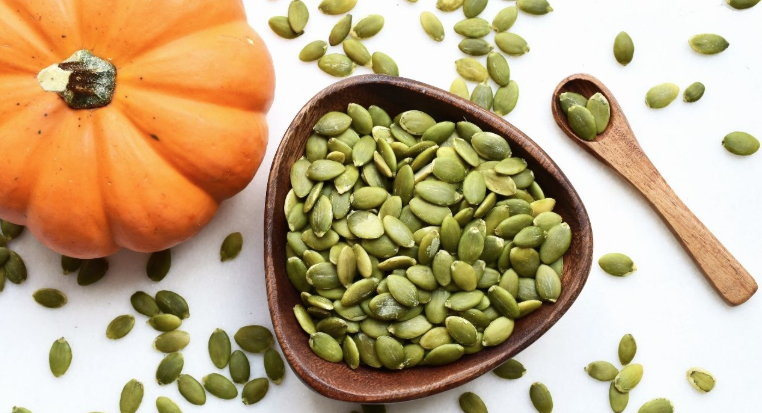
In addition, pumpkin seed oil also helps reduce blood sugar levels. In particular, some active ingredients in pumpkin seeds have the ability to support blood sugar control.
Another component of pumpkin seeds is zinc. This is necessary for insulin synthesis. Zinc binds to insulin receptor sites and activates insulin pathways. The high linoleic acid content contained in pumpkin seeds can also effectively lower blood sugar.
People with type 2 diabetes can consult their doctor about using pumpkin seed oil in cooking or eating roasted pumpkin seeds as a healthy snack.
Who should not eat pumpkin seeds?
People taking diuretics
Pumpkin seeds have diuretic properties. So if you are taking diuretics and eating pumpkin seeds together can cause adverse interactions with your body.
Some side effects may include edema, kidney disorders, and cardiovascular problems.
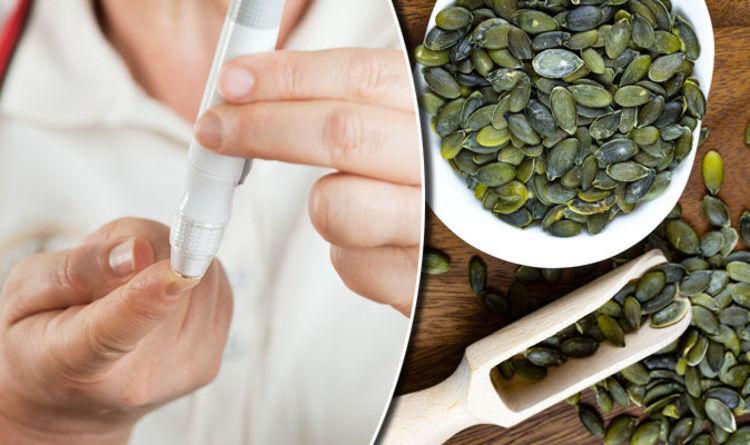
Diabetics should only consider pumpkin seeds as a snack. Illustration photo.
People with low blood pressure
Pumpkin seeds are rich in antioxidants, which lead to lower blood pressure. The nutrients in the seeds reduce blood sugar levels and cause hypoglycemia.
Therefore, if you have low blood pressure and are being treated with medication, you should avoid using pumpkin seeds to avoid complications and related risks.
People prone to allergies
Although pumpkin seeds are quite benign and do not cause high allergies, those who are prone to allergies should not eat a lot.
Some people who eat pumpkin seeds and are allergic may experience symptoms such as headaches, itching and rashes, and more severe cases may have difficulty breathing.
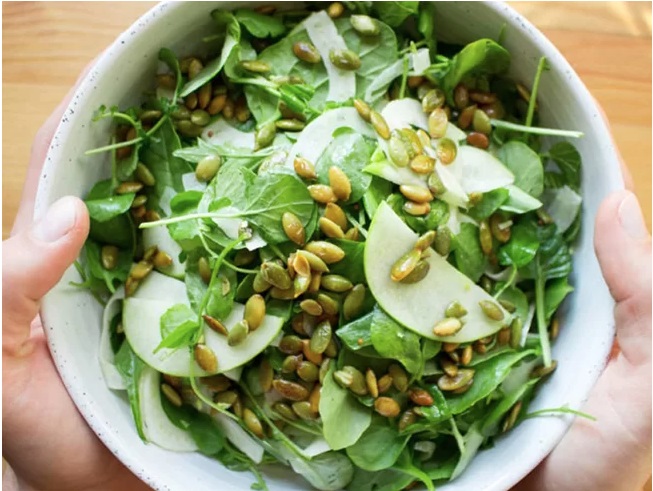
Illustration photo.
People with dental problems
People with mouth ulcers or gingivitis should not eat pumpkin seeds because eating pumpkin seeds consumes a lot of saliva, causing the mouth to dry out quickly.
The healthiest way to eat pumpkin seeds
Pumpkin seeds should be eaten in their shells, as shelled pumpkin seeds may contain additives that make them less healthy than the original. Eating too much can lead to too much salt in the body, which is not good for your health.
Be careful not to eat too many pumpkin seeds because they contain insoluble fiber, which is good for the intestinal system. But eating too much can lead to indigestion and even acid reflux, causing heartburn.
Source: https://www.baogiaothong.vn/loai-hat-nho-thom-cuc-giau-dinh-duong-nhung-khong-phai-ai-an-cung-tot-192241210135143129.htm








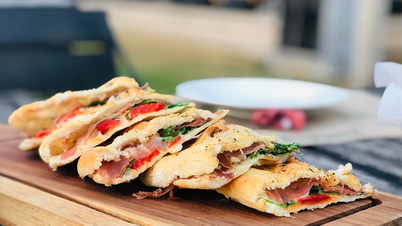




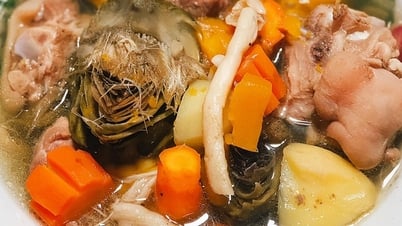




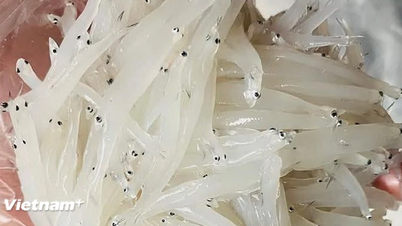















![[Photo] General Secretary To Lam arrives in Minsk, begins state visit to Belarus](https://vphoto.vietnam.vn/thumb/1200x675/vietnam/resource/IMAGE/2025/5/11/76602f587468437f8b5b7104495f444d)
![[Photo] General Secretary To Lam meets and expresses gratitude to Vietnam's Belarusian friends](https://vphoto.vietnam.vn/thumb/1200x675/vietnam/resource/IMAGE/2025/5/11/c515ee2054c54a87aa8a7cb520f2fa6e)
![[Photo] General Secretary To Lam concludes visit to Russia, departs for Belarus](https://vphoto.vietnam.vn/thumb/1200x675/vietnam/resource/IMAGE/2025/5/11/0acf1081a95e4b1d9886c67fdafd95ed)
























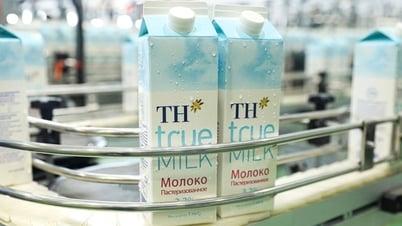










































Comment (0)